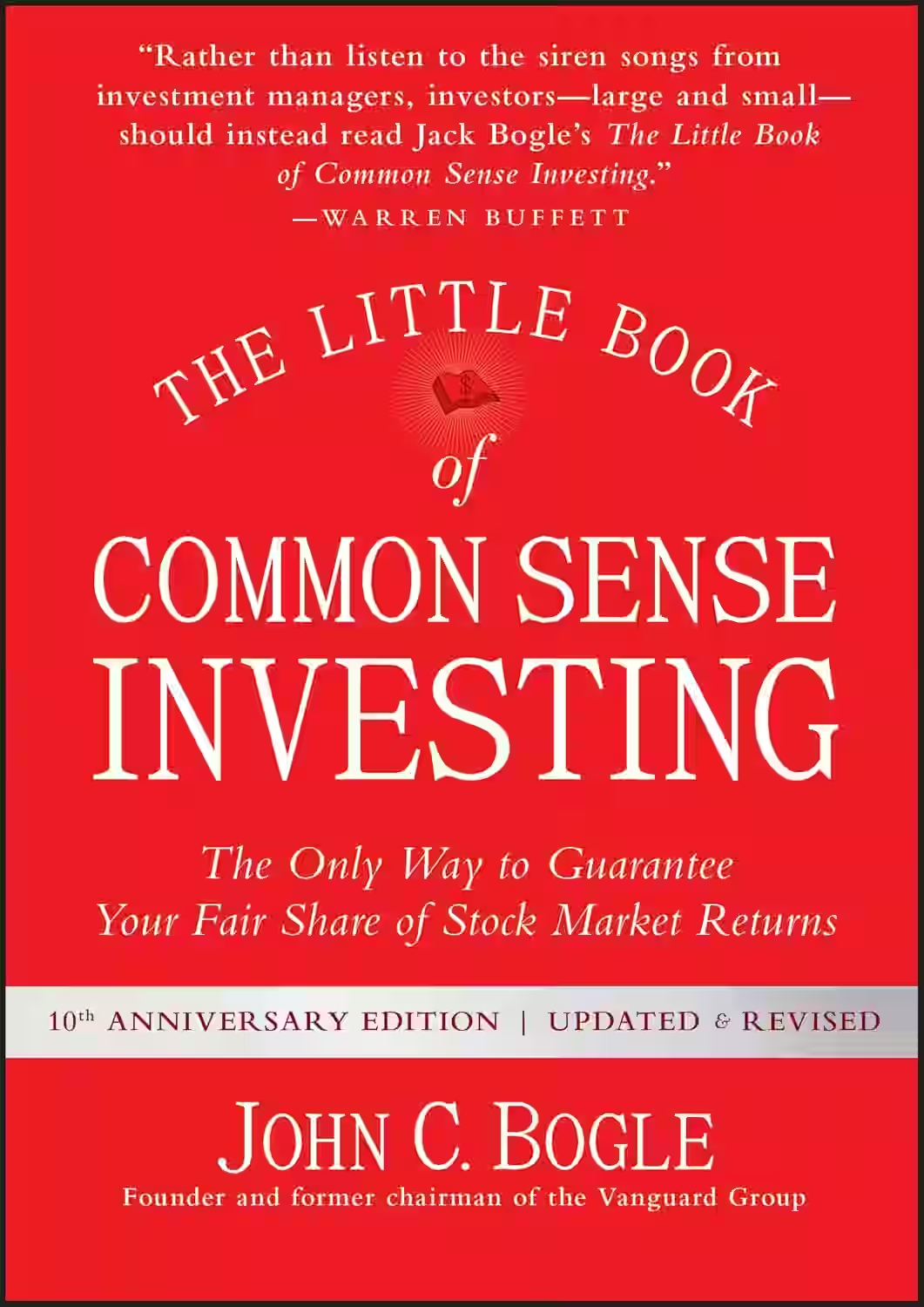
In 'The Little Book of Common Sense Investing', John C. Bogle, the founder of Vanguard Group, delivers a compelling argument for passive index investing as a tried-and-true strategy for long-term financial success. Bogle breaks down complex financial concepts into simple, accessible advice for both seasoned investors and beginners. He highlights the pitfalls of high-cost, actively managed funds and advocates for a low-cost, buy-and-hold approach to investing. With a focus on minimizing fees and maximizing long-term returns, Bogle's book serves as a practical guide for investors looking to navigate the often tumultuous world of finance with prudence and common sense.
About John C. Bogle
John C. Bogle (1929-2019) was an American author and investment guru known for revolutionizing the world of finance. As the founder of The Vanguard Group, he popularized the concept of index investing and low-cost mutual funds, challenging the prevailing high-fee investment industry. Bogle authored several influential books, including 'The Little Book of Common Sense Investing' and 'Enough: True Measures of Money, Business, and Life'. His works emphasized long-term wealth building, financial literacy, and ethical investing practices. Bogle's legacy continues to inspire millions of investors to prioritize low-cost, diversified investments for financial success and security.
Similar Books
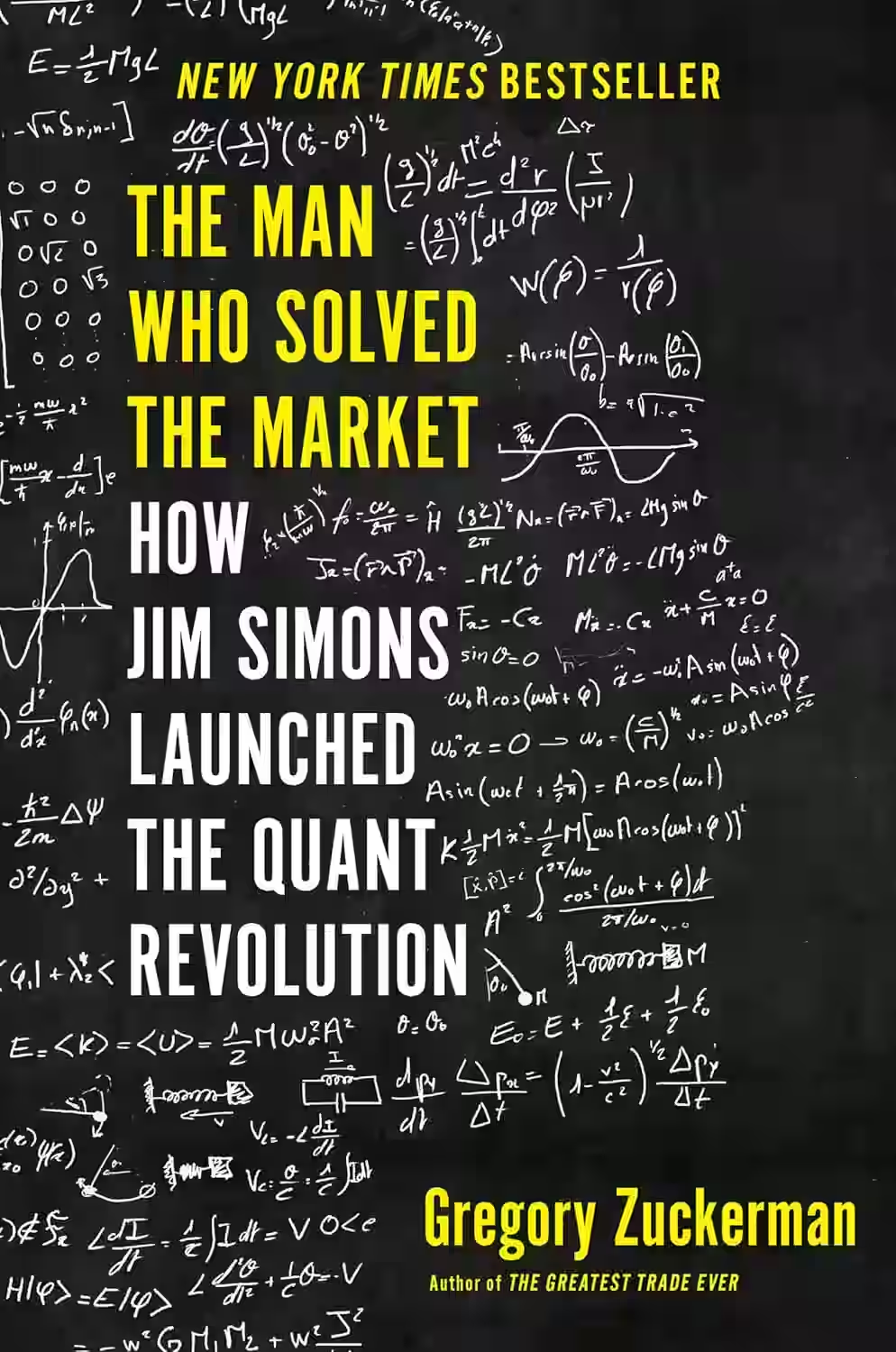
The Man Who Solved the Market: How Jim Simons Launched the Quant Revolution
In 'The Man Who Solved the Market', Gregory Zuckerman delves into the fascinating world of finance and mathematics through the lens of legendary investor Jim Simons. The book offers readers a detailed exploration of how Simons revolutionized investing through quantitative strategies at his firm, Renaissance Technologies. Zuckerman delves into Simons' life story, the challenges he faced, and the groundbreaking techniques he employed to outsmart Wall Street. Through meticulous research and compelling storytelling, Zuckerman provides keen insights into the complexities of financial markets and the brilliance of Simons' approach. This book is a must-read for anyone intrigued by the intersection of math and money.
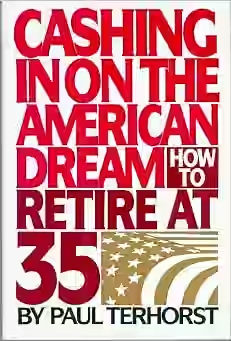
Cashing in on the American Dream
In 'Cashing in on the American Dream' by Paul Terhorst, the author challenges the conventional idea of working endlessly to retire comfortably in old age. Terhorst encourages readers to question the prevailing norms of the American Dream and instead opt for a simpler, more fulfilling life by retiring early. Through personal anecdotes and practical financial advice, Terhorst presents a roadmap for achieving financial independence and living life on one's own terms. The book delves into themes of frugality, minimalism, and mindful spending, emphasizing the importance of valuing experiences over material possessions. 'Cashing in on the American Dream' inspires readers to reassess their priorities and strive for a more meaningful existence.
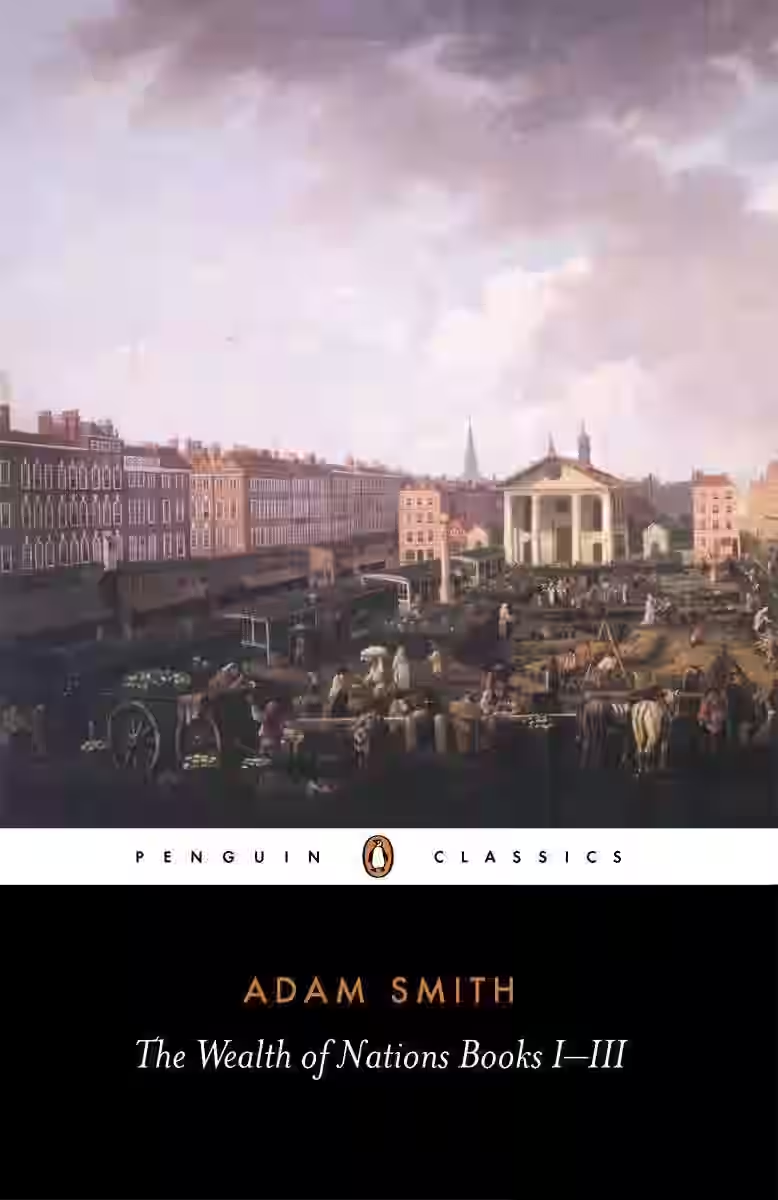
The Wealth of Nations: Books I-III
by Adam Smith
Series: The Wealth of Nations (#1)
In Books I–III of The Wealth of Nations, Adam Smith lays the foundation of classical economics by exploring the nature of labor, productivity, and market systems. He introduces the concept of the "invisible hand" and argues that individual self-interest can promote the public good through free-market mechanisms. Book I focuses on the division of labor and value, Book II on capital and stock, and Book III on the historical evolution of economic systems. Smith’s analysis of productivity, competition, and the role of self-regulation revolutionized economic thought and established key principles that underpin modern capitalism and economic theory.
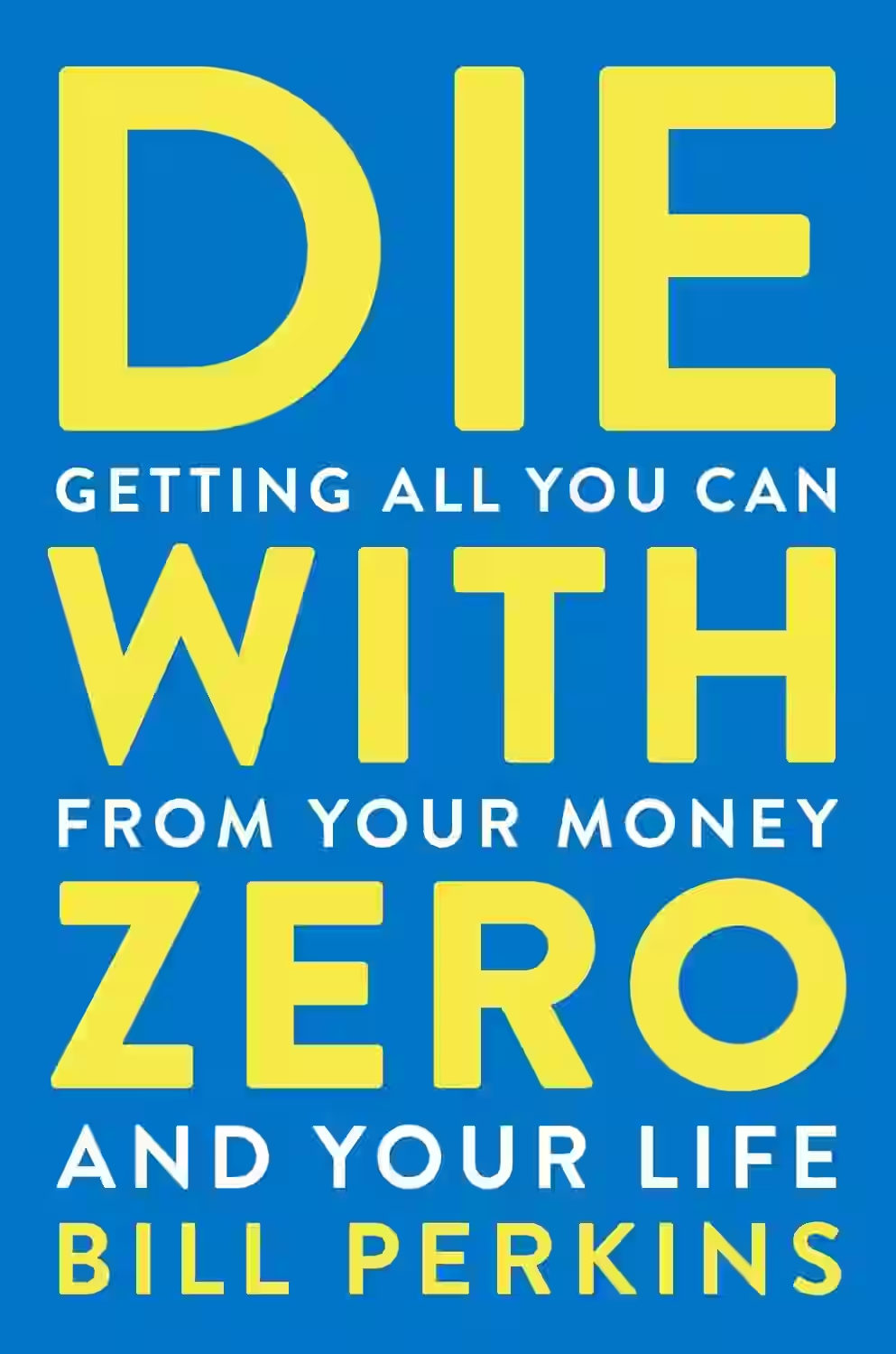
Die With Zero
by Pill Perkins
In 'Die with Zero' by Bill Perkins, readers are taken on a thought-provoking journey challenging the traditional concept of saving money for old age. The author argues that instead of leaving an inheritance, individuals should spend their money and time on experiences that bring them joy and fulfillment. Through a combination of financial strategies and philosophical reflections, Perkins presents a compelling case for living life to the fullest now, rather than deferring enjoyment for later. This book encourages readers to reassess their priorities, shift their mindset about wealth, and embrace a more present-focused approach to living. 'Die with Zero' sparks important conversations about legacy, happiness, and financial planning.